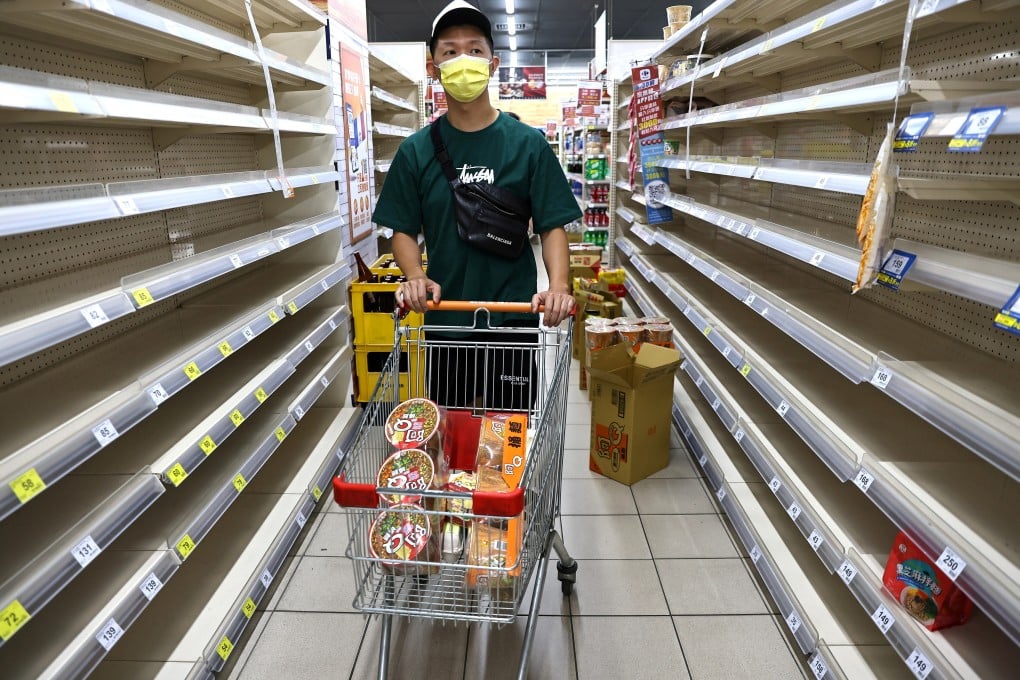Three reasons Taiwan’s stock market plunge is a warning to the world
- The sell-off in Taiwan is a microcosm of the challenges confronting investors everywhere
- A sudden surge in coronavirus cases, high levels of margin debt and the vulnerability of technology stocks are factors that resonate beyond the island

For the resoundingly bullish investors and traders whose bets on the direction of markets have paid off handsomely since the Covid-19 pandemic erupted in March last year, the recent plunge in Taiwan’s stock market is just a blip.
Yet, the heavy selling pressure in Taiwan, which came like a bolt from the blue, has exposed acute vulnerabilities in global markets. While these risks have been apparent for some time, and were the trigger for earlier sell-offs on Wall Street, they continue to chip away at sentiment.
Although the past year has shown the extent to which investors, heartened by unprecedented levels of stimulus, are willing to downplay all sorts of threats for fear of missing out on further gains in asset prices, the sell-off in Taiwan is a microcosm of the challenges confronting investors.

